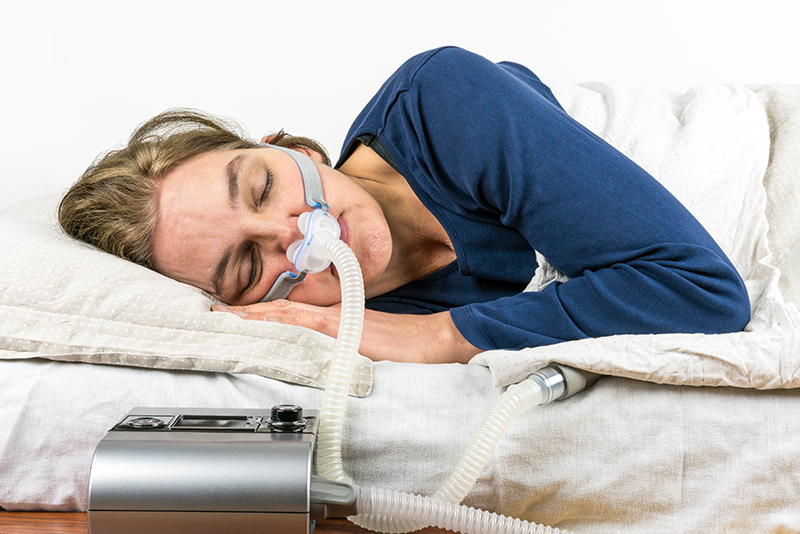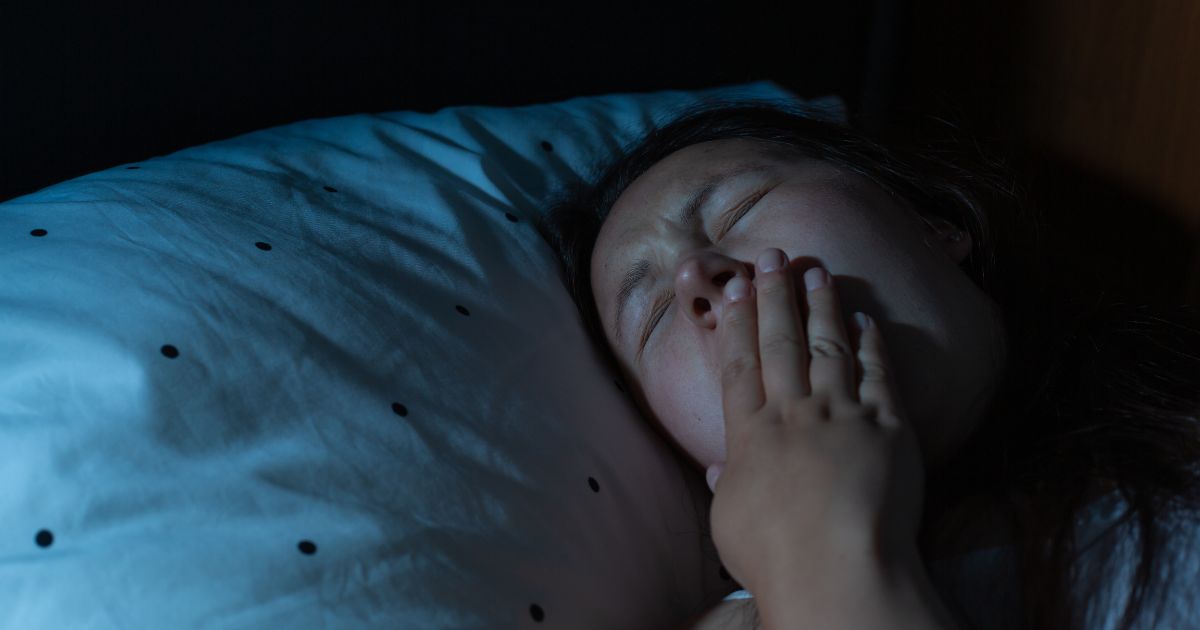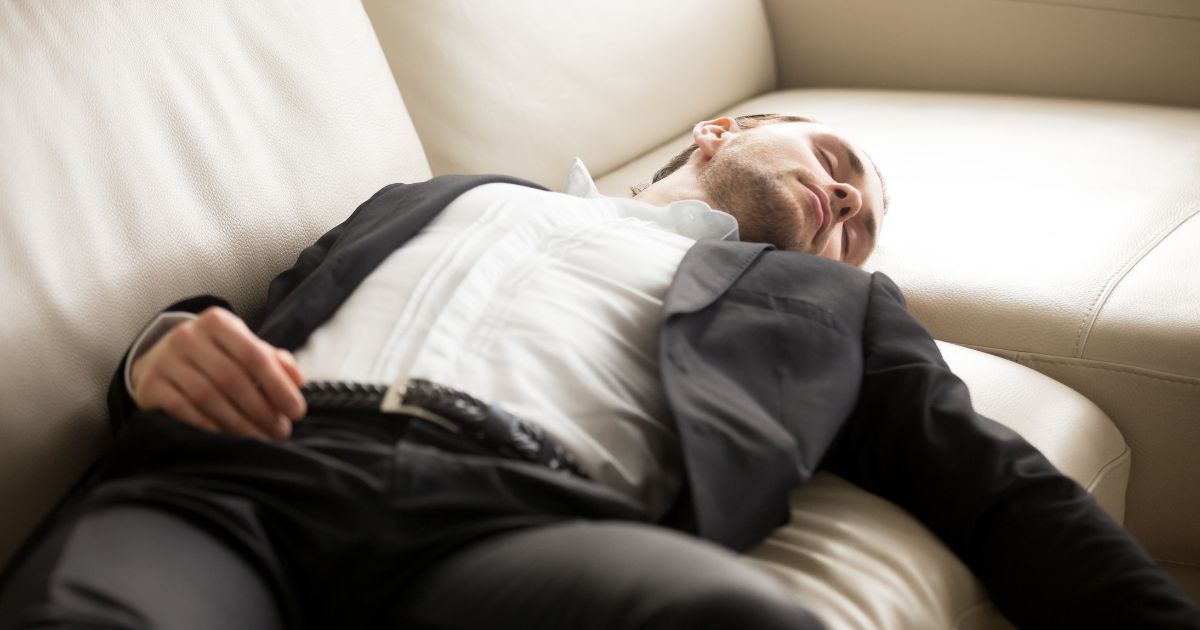Sleep apnea is a serious disorder that occurs when a person’s breathing periodically ceases during sleep. Left untreated, people with sleep apnea cease breathing repeatedly per night, sometimes up to hundreds of times. This can lead to insufficient oxygen in the brain and other parts of the body, and further physiological complications. It can also exacerbate other conditions and disorders. Thankfully, sleep apnea treatment exists, via continuous positive airway pressure (CPAP).
With CPAP, patients wear a face or nasal mask when they sleep. The mask is connected to a pump that provides a positive flow of air into the airway, keeping it open. This sleep apnea treatment addresses the disorder’s symptoms and provides patients with sufficient amounts of oxygen. Needless to say, CPAP machines can be literal lifesavers, which is why keeping them in tip-top working condition should be a priority for those with sleep apnea. Here are five helpful ways to maintain your CPAP machine:
1. Emphasize Its Importance
This involves mindset and preparation rather than actual maintenance methods. The CPAP machine provides vital sleep apnea treatment. Learn how to properly operate it, remember the basic troubleshooting methods, and who to call when there are complications with the machine. A little awareness can go a long way if something goes wrong with the machine.
2. Unplug Before Cleaning
Whenever you perform maintenance on the machine, be sure it is turned off and unplugged. This is basic safety, but people can get hurt when they work on a plugged machine. If the CPAP is actually turned on when it’s being maintained, jams or obstructions to the pump might occur.
3. Clean the Tubing
Check and clean the CPAP machine’s tubing on a regular basis. It’s best to do it daily, preferably in the morning before things get too busy and it slips the mind. Inspect the tubing for any damage. Unhook the tubing from the mask and machine and then rinse it with warm soapy water. Let it dry so it will be ready for use by bedtime. Drying should be done at room temperature. Avoid direct sunlight as exposure to higher temperatures will degrade the tubing’s material.
4. Clean the Water Chamber
This component also needs regular cleaning. Every morning, rinse the chamber with warm soapy water and then clean water.
Perform more thorough cleaning every week. For this, use a solution that is one part white vinegar and two parts water, let it sit in the chamber for a while before removing the solution and rising the chamber with distilled water.
When handling the water chamber, be sure to avoid spillage onto the rest of the CPAP machine.
This is important because the chamber provides needed moisture to prevent irritation from excess dryness. Remember, it’s the air the patient breathes into their lungs, so the water chamber must remain sanitary.
5. Breathing Mask
Needless to say, this component should also be kept clean on a daily basis to prevent particulates and residues from accumulating. The proper cleaning procedure depends on the type of mask. Generally, the mask should be disassembled and its components washed with warm water and mild soap, or CPAP mask-specific cleaning agents. They should be rinsed thoroughly and allowed to dry at room temperature over the course of the day. Direct sunlight should also be avoided. By nighttime, the components should be ready to re-assemble and use.
Once a week, the masked should be soaked in the same type of water-vinegar solution as the water chamber and rinsed with distilled water.
Headgear and chinstraps should be washed by hand using warm soapy water, rinsed and air-dried. They should NOT be placed in washing machines or dryers.
Avoid Facial Oils and Moisturizers
Wash your face thoroughly before wearing the face mask. Facial oils and moisturizers can break down the mask’s silicone faster. There is also a slight risk that these substances’ residue can mix with the incoming air and inhaled by the patient.
Contact Jacksonville Sleep Center to Discuss Your Sleep Apnea Treatment Options
These are some of the ways a CPAP machine can be kept in optimal working order and ensure complication-free sleep apnea treatment. If symptoms don’t improve or the CPAP machine requires further maintenance or replacement, contact the sleep specialists at Jacksonville Sleep Center Today.






